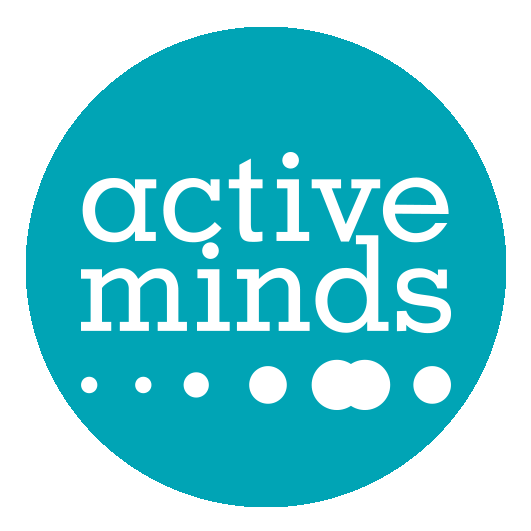Content Warning: This piece contains mentions of suicide.
As someone interested in mental health, you may know the numbers to the Crisis Text Line (text BRAVE to 741741) and the National Suicide Prevention Lifeline (1-800-273-TALK) by heart. What you may not know is what happens — and what doesn’t happen — once you pick up your phone to reach out in a crisis. We partnered with our friends at the Crisis Text Line to dispel myths surrounding these services, so you can know what to expect when you place a call or send a text to help yourself or a loved one get through a difficult time.
Myth #1: I must be experiencing thoughts of suicide to reach out to a crisis line.
The trained counselors at the Crisis Text Line and National Suicide Prevention Lifeline are available 24/7 for anyone who is experiencing any crisis, such as sexual abuse, domestic violence, LGBTQ issues, bereavement, self-harm, suicidal thoughts, or mental illness-related concerns. (Check out the topic trends from past text conversations here.) Although what is considered a ‘crisis’ is defined loosely to encourage anyone in need to reach out for help, callers and texters should recognize that crisis lines are neither short- nor long-term substitutes for therapy, emergency care, or professional health care.
Myth #2: If I mention that I’m suicidal, they’ll send the police to my location.
The Crisis Text Line engages in an “active rescue” (i.e., emergency services) in less than 1% of crises. The goal of the Crisis Text Line is to de-escalate the situation and work with the texter to identify the best options for seeking help locally. Emergency services are only alerted when there is imminent risk of harm to the texter and when the texter is unable or unwilling to create a safety plan (for example, unable or unwilling to separate themselves from their means for suicide or self-harm). Similarly, the National Suicide Prevention Lifeline’s website emphasizes that its crisis counselors strive to empower the caller and help them problem-solve to identify the best course of action, meaning emergency services are only involved in situations where the caller is in immediate danger.
Myth #3: Since crisis lines have the potential to send emergency services to my location, my call/text is not confidential.
Anonymity is of utmost important to the Crisis Text Line and National Suicide Prevention Lifeline. When you call or text a crisis line, your location and phone number are encrypted or otherwise anonymized, making it impossible for them to trace you. In some situations, counselors at these crisis lines may ask you to provide personally identifiable information (your name and home address) to better assist you, but you are under no obligation to share this information over text or on the phone.
Myth #4: I can only reach out to crisis lines via text or phone call.
You can also connect with the Crisis Textline and National Suicide Prevention Lifeline over Facebook Messenger. You can reach out to the Crisis Text Line by hitting “Send Message” on their Facebook page. Facebook communication with the National Suicide Prevention Lifeline is a little different: if a post of yours is flagged for suicidal content, Facebook reviews it and gives you the option to call and/or enter a Facebook chat with a counselor from the National Suicide Prevention Lifeline.
The best part about communication with either of these crisis lines over Facebook is that your information is encrypted and anonymized, so you can rest assured that even your Facebook conversations with these services are confidential and secure. They won’t have access to your profile or other identifying information, so they’ll only know what you tell them – nothing more!
So, what does happen when you call/text a crisis line?
After you text BRAVE to the Crisis Text Line at 741741, a trained crisis counselor will receive it and respond within minutes. Then, the crisis counselor will help you de-escalate your situation and connect you to help locally.
When you call the National Suicide Prevention Lifeline (1-800-273-8255), you’ll hear an automated message with additional information and options while your call is routed to your local Lifeline network crisis center and hear some cool elevator music while you wait to be connected to a crisis counselor. Once you’re connected, you’ll have someone to listen to you, provide support, and connect you with help.
Sounds simple, huh? Don’t be intimidated or frightened by these free and confidential national resources. On the other end of your text or call is a trained, caring individual who is volunteering their time to help you work through rough patches and access local resources. Reaching out when you need help is brave, no matter how big or small you think your issues are. Above all, your safety and privacy are paramount to the Crisis Text Line and the National Suicide Prevention Lifeline, so you’ll be in great hands.
Still have questions or concerns about crisis lines? Check out the websites for the Crisis Text Line and the National Suicide Prevention Lifeline for more information.



